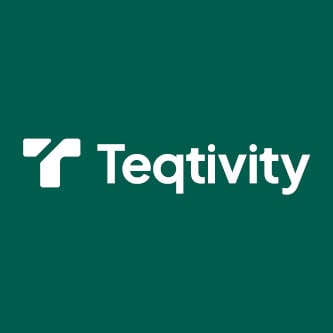When choosing whether to use U.S. Generally Accepted Accounting Principles or International Financial Reporting Standards to file financial reports, many non-U.S. companies listed on U.S. stock exchanges are shrewd shoppers, according to a recent study from the Hebrew University of Jerusalem.
“This research shows that accounting regime selection is not merely a matter of regulatory compliance,” the lead researcher Dr. Heylel-li Biton of the Hebrew University Business School said in a July 2 release on the findings that were published in The International Journal of Accounting. “It reflects calculated decisions by firms to align their financial reporting with operational goals and cost structures.”
Since 2007, it’s gotten easier for so-called foreign private issuers to use IFRS in the U.S. That’s the year the Securities and Exchange Commission eliminated a requirement that FPIs reconcile any reports filed using IFRS accounting methods with U.S.-based GAAP.
The change was expected to smooth the path for more foreign companies to list their shares in the U.S., to foster cross-boarder acquisitions, as well as to reduce reporting compliance costs, according to a report at the time from the law firm Clearly Gottlieb.
U.S. GAAP has been a key choice for many filers who have stuck with it over the years. Out of a sample selection of 413 FPIs registered with the SEC from 1995 to 2015 who consistently report financials using the same accounting standard, the majority (325) use U.S. GAAP, 73 go with IFRS and just 15 use a domestic version of GAAP from their home countries, according to the study.
But a review of a sample of non-U.S. firms who opted to switch accounting standards after the 2007 regulatory change on IFRS reconciliation shows a “significant trend toward IFRS,” with 273 firms transitioning from domestic GAAP to IFRS and 82 from U.S. GAAP to IFRS.
While the study found that some firms may favor U.S. GAAP because they associate it with lower compliance costs, data indicates firms from capital-intensive industries such as manufacturing and mining prefer IFRS. Of a total of 261 mining FPIs, 127 chose to report using IFRS, 108 went with a form of their country’s GAAP while just 26 chose U.S. GAAP.
The firms may be choosing a preference tied to rules that affect them. In comparing accounting standard guidance on long-lived assets’ revaluations, IFRS provides “more options to communicate fundamental value; thus, firms with more assets are likely to choose IFRS for the option of implementing fair-value accounting,” the study states.
But U.S. GAAP may also provide some benefits from an enforcement standpoint because the SEC isn’t as familiar with IFRS, increasing the likelihood that firms reporting with IFRS might be more likely to receive comment letters and requests for amendments, according to the report.
In recent years the Financial Accounting Standards Board that sets and updates GAAP rules has stepped away from a push to converge U.S. GAAP with international standards, CFO Dive previously reported.














